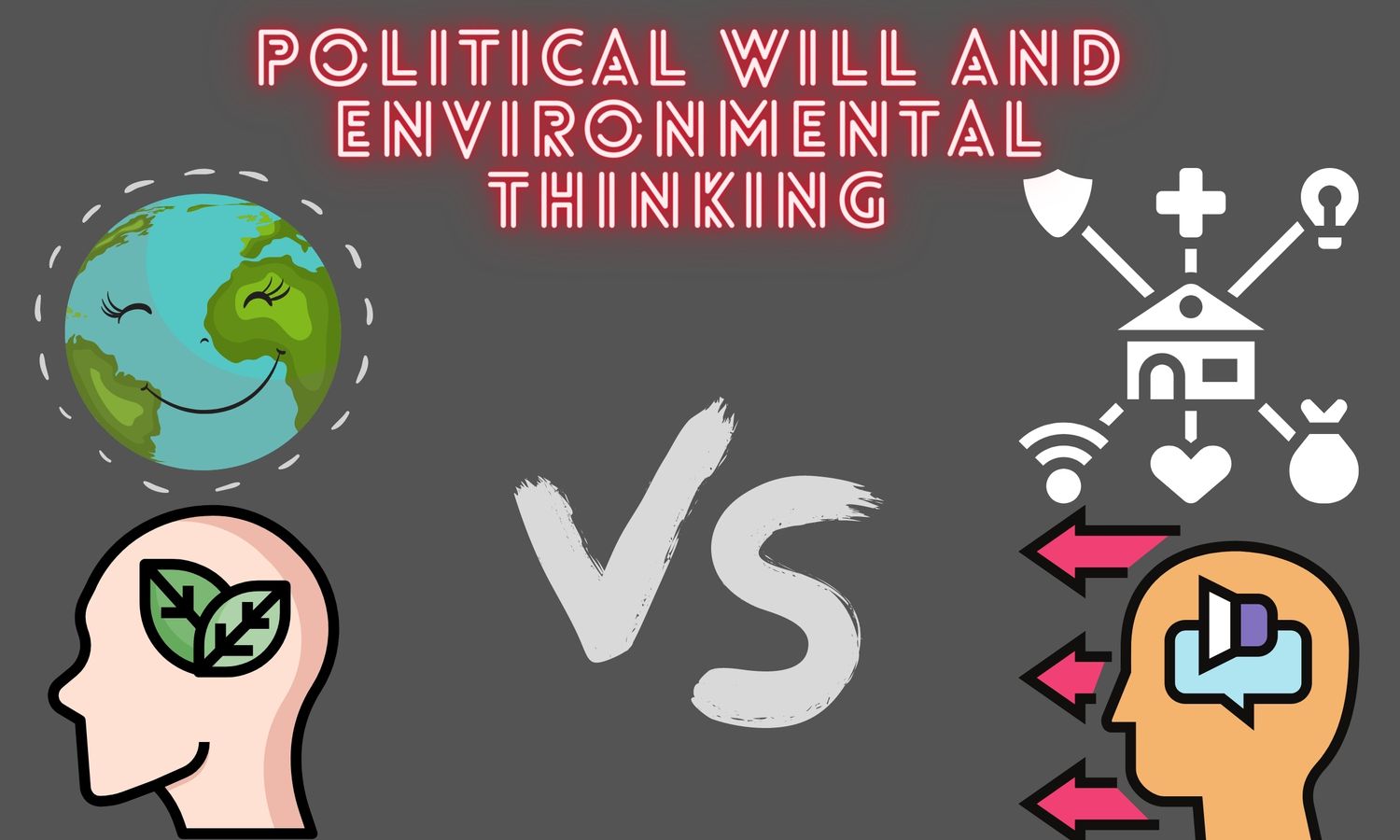Political will and environmental thinking

Worldwide environmental change is a “gigantic aggregate action issue.” While changes in singular conduct (for instance, energy preservation) can assist with decreasing outflows, system level changes to the manner in which human social orders use energy and regular assets are important to restrict an Earth-wide temperature boost to “safe” levels. Government strategy is one significant method for framework change, including laws, rules, guidelines, principles, and incentives. However, numerous environmental change arrangements, from the neighbourhood level to the worldwide level, organizer on the absence of “political will”, the reluctance or failure of government authorities to order strategies that will diminish carbon contamination at the scale and speed required. Public will, particularly as communicated through resident activism, is a significant effect on the policymaker interaction. Solid public interest improves the probability that administrations will focus on environmental change activity.
Public will allude to a “social systems’ common acknowledgment of a specific issue and resolve to address the circumstance with a certain goal in mind through supported aggregate activity.” Indicators of public will can incorporate public help for moderation arrangements, reaching government authorities, and favourable to environment purchaser conduct. Significantly, nonetheless, there is no single, homogenous “public” — there are numerous different “publics” inside any general public.
One key arrangement of residents is an issue public — a moderately little extent of a populace that is energetic about a particular issue. Issue publics are profoundly mindful of and search out data about their issue, have moderately significant degrees of information, have created solid and stable perspectives, and are more probable than different residents to make a move on the issue. Some issue publics are diffuse, with few and powerless connective ties between singular individuals. Others are profoundly coordinated through friendly, institutional, or backing gatherings and organizations, which can make them incredible political entertainers. One illustration of the last is the National Rifle Association — a coordinated issue public of roughly four to 5,000,000 individuals (in a nation of in excess of 250 million grown-ups) who use political clout a long way past their numbers on the issues they care about. The public will would thus be able to incorporate no less than three degrees of resident commitment:
(1) Overall population support for an issue or strategy
(2) An issue public zeroed in on that issue or strategy
(3) A coordinated issue public assembled to apply impact on policymakers. Thusly, an activated issue public can incorporate different gatherings, coordinated into a planned “support alliance” of accomplices cooperating to accomplish a shared objective.